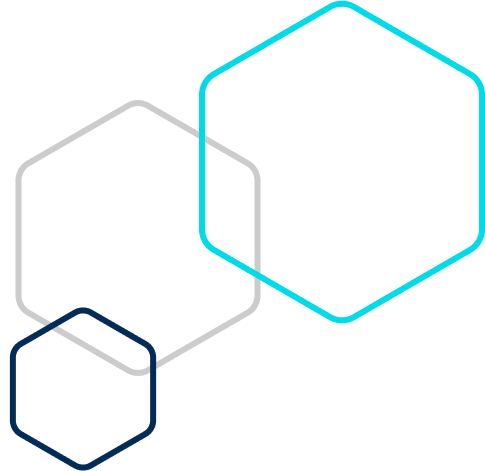Curated on
September 26, 2023
In a study aimed at questioning the uniqueness of human abilities, an AI was found to have passed a test designed to measure human creativity. Co-led by Simone Grassini, an associate psychology professor at the University of Bergen, the study underlines how technological advancements have significantly improved AI models, enabling them to more efficiently imitate human behavior. Notably, the study isn’t designed to posit AI as a replacement for humans in creative roles but it does highlight the rapid evolution of AI models.
Ryan Burnell, a senior research associate not involved in the research, asserts that the successful performance of machines does not necessarily represent original thought. He explains that chatbots, being a 'black box', generate responses based on their training, which may include a task similar to the one they were tested against. Hence, the chatbots aren't creative, but merely recalling their training. AI’s superior performance should thus be analysed in the context of them mirroring their training and not as a proof of creativity. He also insists that while such comparisons of AI and human responses to certain problems are useful, they don't prove the ability of AI to think originally.




